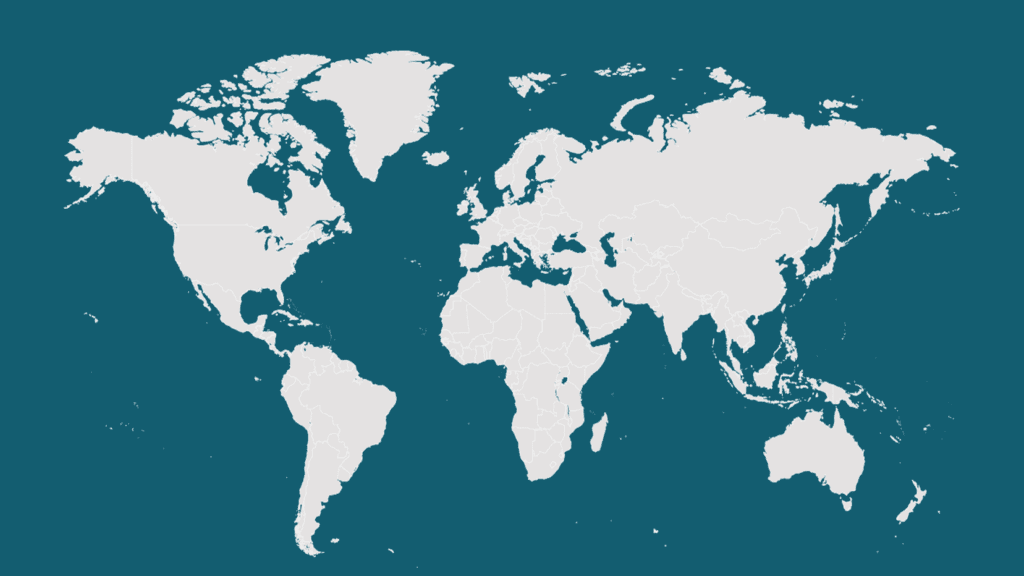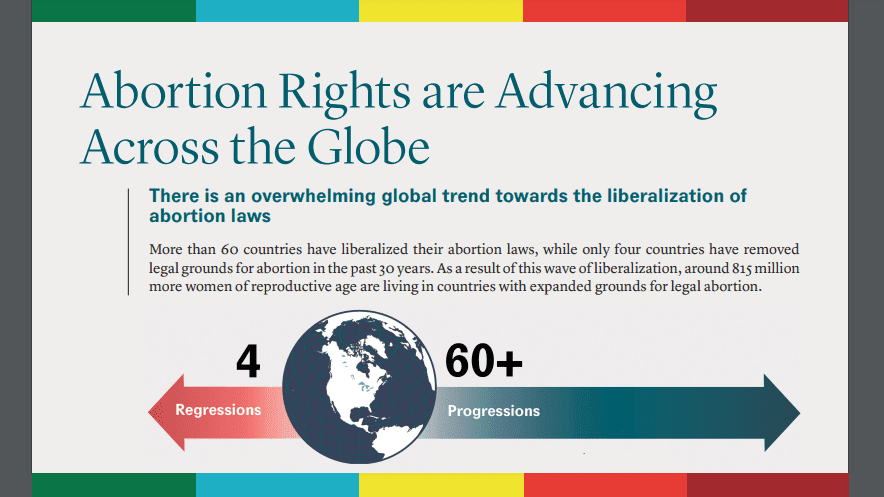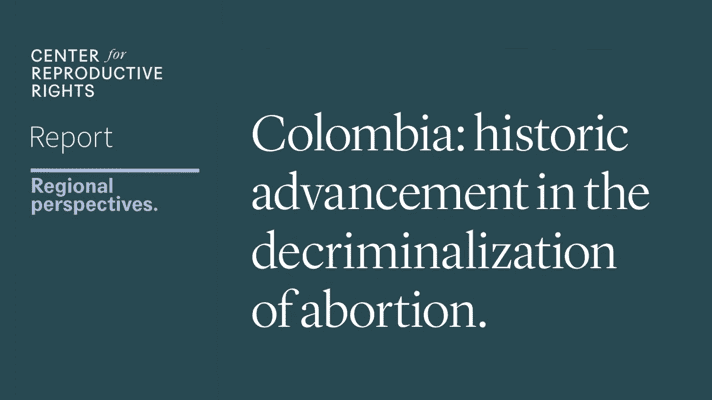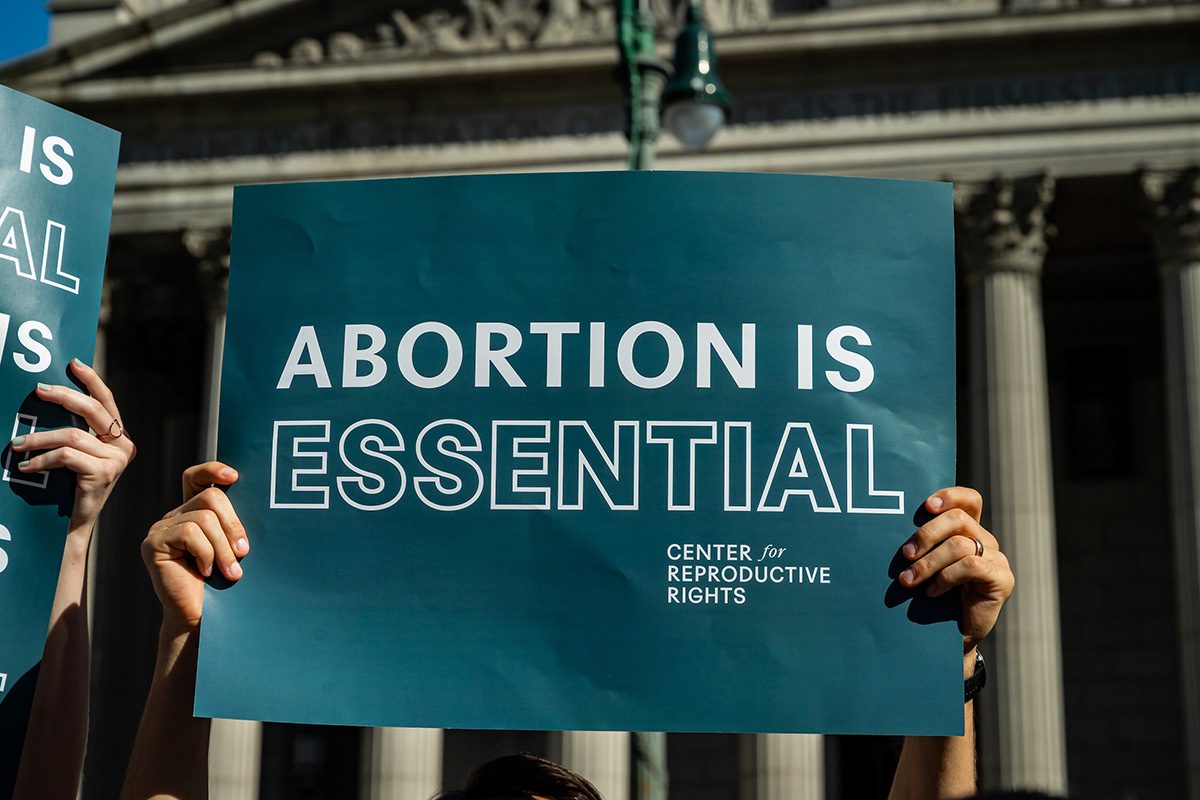
The Center for Reproductive Rights at Women Deliver 2023
Meet us at Women Deliver 2023, booths S38 - S40, to see the newest World’s Abortion Laws Map and find out more about the Center’s work to advance reproductive rights as human rights around the world!
Conference inquiries:
-
General inquiries and meeting requests: Email [email protected] or stop by the Center at booths S38 – S40.
-
Media inquiries and interview requests: Contact Daniel Ruge, senior communication manager, Latin America and Caribbean Global Legal Programs, at [email protected].
Conference Events

Plenary 3: Sexual and Reproductive Health and Rights
Tuesday, July 18 – 13:30 – 15:00 CAT, Plenary Hall, Kigali Convention Centre
The Center’s President and CEO Nancy Northup will discuss urgent challenges in sexual and reproductive health and rights (SRHR)—specifically the right to bodily autonomy—and the global impact of abortion restrictions. Northup will provide an insider’s view of the Center’s fight to defend U.S. abortion rights in the Dobbs case and the impact of the U.S. Supreme Court’s radical decision overruling Roe v. Wade and eliminating the constitutional right to abortion.
During Northup’s tenure as CEO, the Center has secured legal victories in five continents and at the United Nations on access to obstetrics care, maternal health, contraception, safe abortion services and more.

Concurrent Session: Abortion Progress Around the World
Wednesday, July 19 – 9:30 – 11:00 CAT – MH1.1, Kigali Convention Centre
Hear how feminist organizations and coalitions across the globe have achieved significant progress towards destigmatizing abortion and galvanizing support for gender equality. The Center’s Catalina Martínez Coral, senior regional director for Latin America and the Caribbean and a prominent member of the Causa Justa movement, will facilitate the panel discussion.
Panelists include: Dr. Ana Cristina González Vélez, co-founder of the Causa Justa movement (Colombia); Rebeca Ramos, executive director of GIRE (México); Sabin Shrestha, executive director of Forum for Women, Law and Development (Nepal); and Amanda Banura, youth advisory member of SHE SOARS (Uganda).
SRHR Networking Side Event: The Forward Fight—The Center’s Global Work for Reproductive Rights
Tuesday, July 18, 19:30 – 21:00 CAT – Kigali Marriott, Muhazi and Virunga Room
This networking side event—sponsored by the Center and Devex, the media platform for the global development community—will bring sexual and reproductive health and rights (SRHR) leaders and key stakeholders together to celebrate critical SRHR advancements and strategize new ways to advance abortion rights across the globe.
The Center’s Nancy Northup will introduce the newest version of the World’s Abortion Laws Map—our interactive map that serves as the definitive record of abortion law worldwide.
Strategic Litigation as a Tool for Safeguarding Women and Girls’ SRHR in Africa
Tuesday, July 18, 11:30 – 13:30 CAT – Lemigo Hotel
At this networking side event being convened by the Center’s Africa team, panelists will highlight strengths and opportunities of using litigation to promote legal and policy changes to protect and uphold the SRHR rights of women, girls and other vulnerable groups in Africa.
The Hon. Lady Justice (Rtd) Effie Owuor will be the event’s keynote speaker. Panelists include: Prudence Mutiso, the Center’s Senior Legal Adviser for Africa; Tom Mulisa, executive director, GLIHD; Getrude Dyabene, Senior Officer, Gender, Women & Children, LHRC; and Seth Nimwesiga, Programme Associate, CEHURD. The panel will be moderated by Aaron Mbembe, Associate Director, Policy and Influencing, HDI, Rwanda.
Additional Events With Center Leaders
Pre-Conference Event: Bodily Autonomy (UNFPA), Monday, July 17, 8:30 – 12:30 CAT, with Catalina Martínez Coral
Concurrent Session: Demanding Reproductive Justice and Rights—Responses to the Climate Crisis, Tuesday, July 18, 9:30 – 11:00 CAT, with Alejandra Coll
Concurrent Session: Accountability Moment—Generation Equality Bodily Autonomy and SRHR Coalition, Wednesday, July 19, 13:30 – 15:00 CAT, with Catalina Martínez Coral
Tools and Resources

Refreshed with new interactivity and features!
Come explore our new and improved World’s Abortion Laws Map, which is being launched here at the Center’s WD2023 booth! This revamped tool—the definitive record of the legal status of abortion in countries across the globe—features a new narrative component, improved interactivity and more context on the decades of progress made on abortion rights worldwide.
Report: Global Abortion Trends
A supplement to the World’s Abortion Laws Map, this report outlines trends in the liberalization of abortion laws over the last 30 years. You’ll see the 60+ countries that have liberalized their abortion laws since 1994—as well as the four countries, including the U.S., that have regressed.
Report: The Maputo Protocol at 20—Progress on Abortion Rights in Africa
Twenty years ago, the African Charter on Human and Peoples’ Rights on the Rights of Women in Africa—known as the Maputo Protocol—made history as the first legally binding international human rights instrument to explicitly guarantee the right to legal abortion in cases of sexual assault, rape and incest; when the pregnant person’s life or physical or mental health is at risk; and for certain fetal diagnoses. This report details the level of compliance for each of the 55 African states.
Learn more about the Center’s work in Africa.
Legal Regulation of Abortion in India: Laws, Barriers and Reforms
This advocacy manual outlines India’s abortion laws, barriers to abortion access, and reforms needed to increase access to care.
Learn more about the Center’s work in Asia.
Crisis of Care: Refugees Fleeing Ukraine
This report documents how women who have fled the invasion of Ukraine are being cut off from reproductive health care and gender-based violence support services in Hungary, Poland, Romania and Slovakia and recommends ways to reduce barriers and increase access to care.
Learn more about the Center’s work in Europe.
Colombia: Historic Advancement in the Decriminalization of Abortion
This fact sheet discusses the implications of the Colombia Constitutional Court’s historic 2022 ruling decriminalizing abortion up to 24 weeks of gestation.
Learn more about the Center’s work in Latin America and the Caribbean.
About the Center for Reproductive Rights
The Center for Reproductive Rights is a global human rights organization that uses the power of law to advance reproductive rights as fundamental human rights around the world. The Center’s game-changing litigation, legal policy and advocacy work—combined with its unparalleled expertise in the use of constitutional, international and comparative human rights law—have transformed how reproductive rights are understood by courts, governments and human rights bodies.
Explore the Center’s Theory of Change, Strategic Plan and Partnership Principles.






